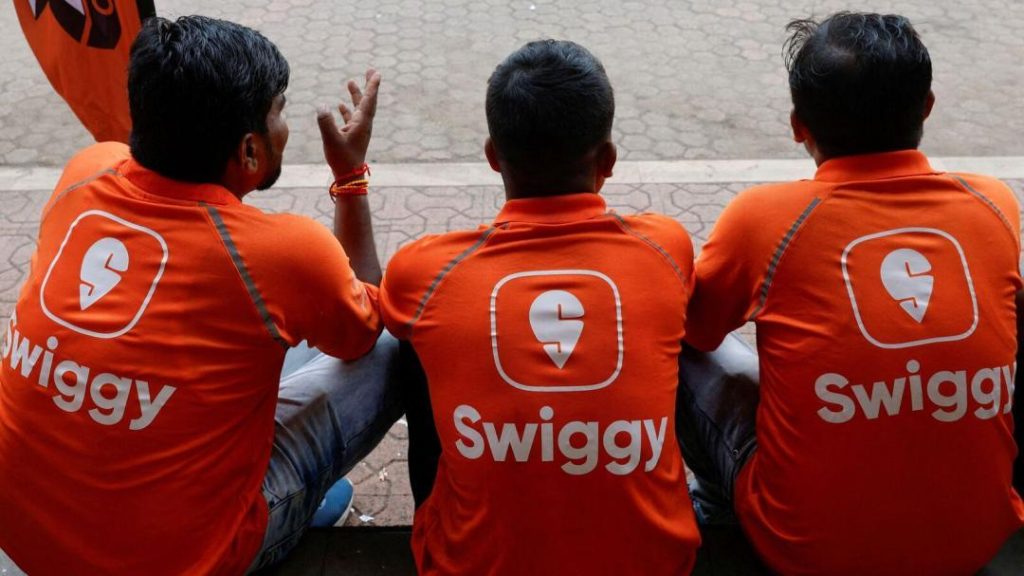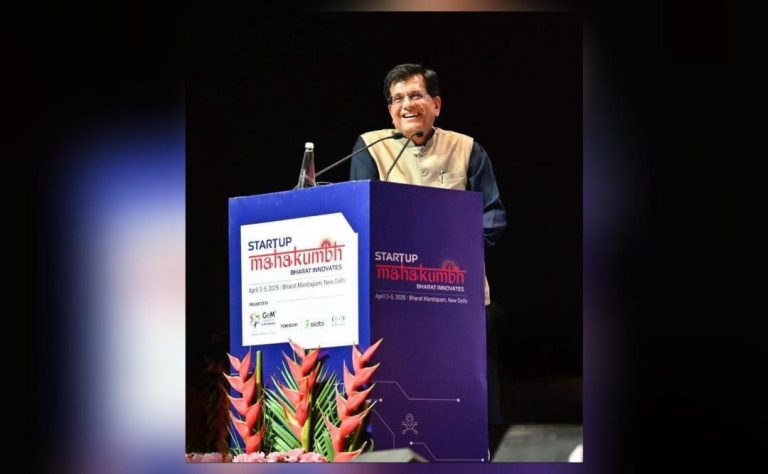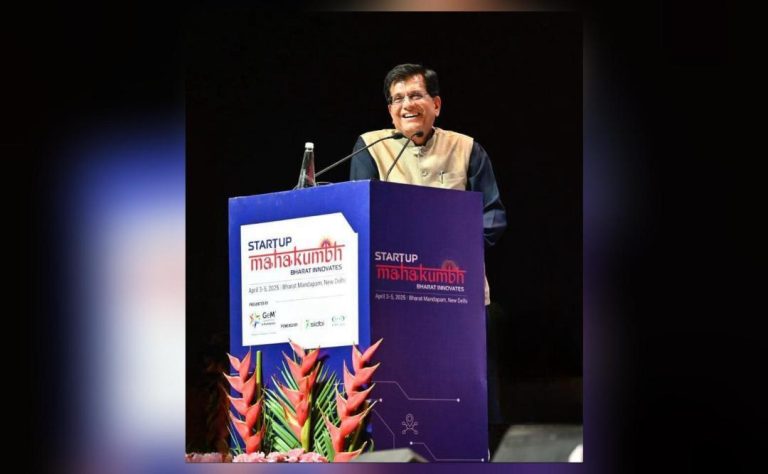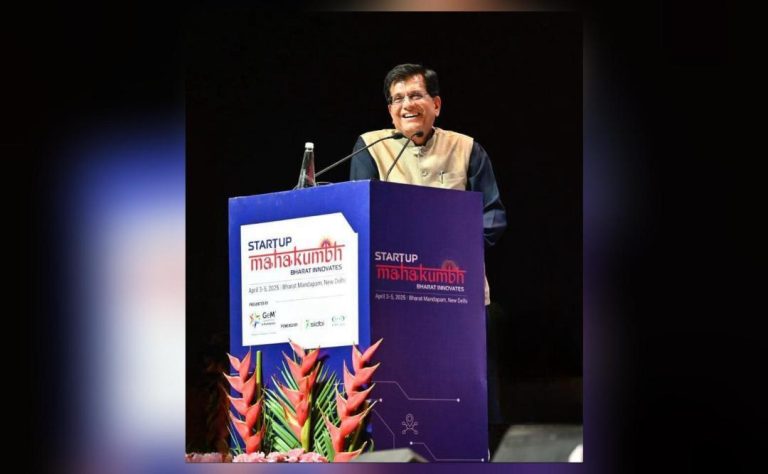
Swiggy Faces ₹158 Crore Tax Demand Over Cancellation Fees
The Indian food delivery giant, Swiggy, is facing a massive tax demand of ₹158 crore for the financial year 2021-22. The demand has been issued by the income tax department, alleging that the company has violated tax provisions related to cancellation charges paid to its merchants. Swiggy has planned to appeal against the demand, claiming that the issue stems from a misunderstanding of tax provisions.
According to the sources, the tax department has issued the demand notice to Swiggy, citing that the company has collected cancellation fees from customers, which are not in compliance with the tax laws. The company has been accused of not deducting taxes at the source on the cancellation fees collected, as required under the Income-tax Act.
Swiggy has argued that the demand is unfounded and that the company has always complied with the tax laws. The company has also claimed that the issue is related to a misunderstanding of tax provisions and that it will appeal the demand. Swiggy has also stated that it will ensure that all its transactions are compliant with tax laws and that it will not compromise on its commitment to transparency and compliance.
This demand has raised concerns among industry experts, who believe that the case may set a precedent for how cancellation fees are taxed in the evolving digital economy. The experts argue that the demand has implications for the entire e-commerce industry, as many companies like Swiggy, Zomato, and others collect cancellation fees from customers.
The tax department’s move has been seen as a step towards bringing the e-commerce companies under the tax net. The government has been keen to increase its tax revenue and has been taking steps to ensure that all businesses, including e-commerce companies, comply with tax laws.
The demand has also raised questions about the tax treatment of cancellation fees. Cancellation fees are a common practice in the e-commerce industry, where customers are charged a fee for cancelling their orders. The fees are usually deducted from the order amount or charged separately. However, the tax treatment of these fees is unclear, and the demand has sparked a debate on whether they are taxable.
The case has also highlighted the importance of tax compliance in the e-commerce industry. The industry has been growing rapidly, and the companies operating in this space need to ensure that they comply with tax laws and regulations. The demand has sent a strong message to the e-commerce companies that the tax department is serious about enforcing tax laws and will not hesitate to take action against companies that violate them.
In conclusion, the ₹158 crore tax demand on Swiggy is a significant development in the e-commerce industry. The demand has raised concerns among industry experts and has implications for the entire industry. The case highlights the importance of tax compliance in the e-commerce industry and the need for companies to ensure that they comply with tax laws and regulations. As the industry continues to evolve, it is essential for companies to stay up-to-date with tax laws and regulations to avoid any potential disputes with the tax department.
Source: https://ascendants.in/industry_events/swiggy-rs-158-crore-tax-demand/






